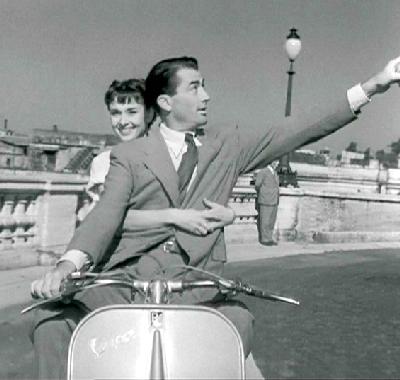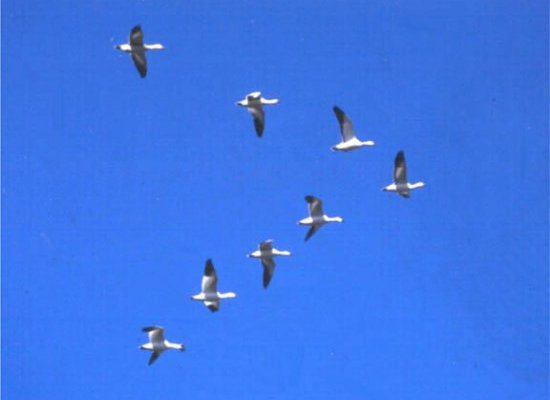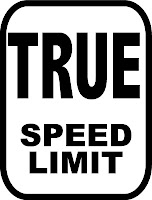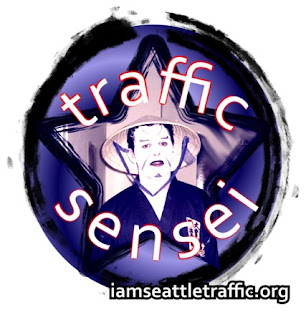All Seattle Commuters have an utter distaste for the irrational traffic that plagues this city. There are enormous multi-million dollar bridges that run between the east and west metropolitan sides of the lake, and even bigger and more expensive freeways that run from the north to the south.
Why then, you ask yourself in frustration daily, do we have such a problem with traffic at rush "hour"?
The answer is very simple: It is because of
you.
You are
stop and you are
go. You are not paying attention. You are not considerate. You are not graceful.
I am not blaming you in particular. I am asking you to simply blame yourself.
Realizing that you are the reason traffic is congested is the first step toward true Zen Traffic Driving and eventual traffic mastery and Enlightenment. You must accept that we are all on this highly conjested freeway together, we are a community of travelers, and if anyone is to blame we are all to blame, especially
yourself.
Another simple truth: There is but one person's behavior you can change.
Your own.
You cannot escape the fact that you can only truly and permanently affect what you yourself do. You can try to ask, plead, beg, coax, will, bargain, and brutally force others to do what you want, it is true. But this is a temporary change. You cannot enlighten anyone but yourself.
How convenient that you can change the person that is to blame!
The divine realization: You contribute to traffic congestion whenever you go faster than the car in front you. All cars improve the flow of traffic by going the same speed or slower than the car in front of them.This website is dedicated to freely enriching your life with true Traffic Zen Enlightenment. If you are willing to accept responsibility for the traffic conditions you have created, and share this enlightenment with others, we will be able to inexpensively save Seattle from congestion, travel times, frustration, and even deaths. In order for it to work, you must realize daily
"I am Seattle Traffic."
Spread the word by
purchasing an attractive and informative bumper sticker. It will lead to more enlightenment.




















 the True Speed Limit and stick to it. This may be slower than the posted speed limit, but it will usually be faster than zero.
the True Speed Limit and stick to it. This may be slower than the posted speed limit, but it will usually be faster than zero. "Alright," you say to your Traffic Sensei, "I want to achieve Traffic Zen Enlightenment, or whatever you've been blabbing about." Your master is amused by your irreverence, and allows you to continue.
"Alright," you say to your Traffic Sensei, "I want to achieve Traffic Zen Enlightenment, or whatever you've been blabbing about." Your master is amused by your irreverence, and allows you to continue. 
